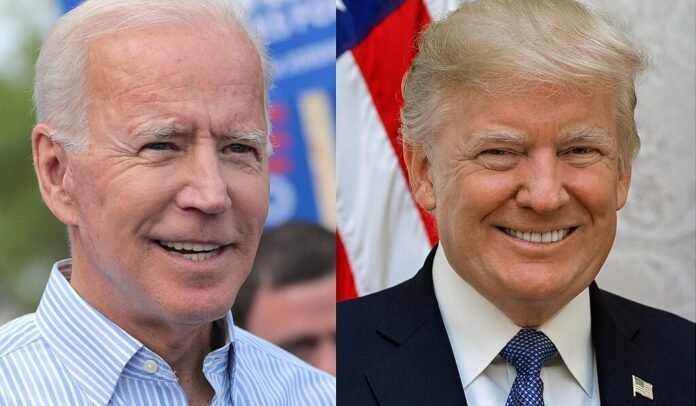In a time of heightened political tension, the remarks of key figures like Joe Biden and Donald Trump offer valuable insights into the U.S. political landscape, particularly in terms of Political Legacy and Strategy. Biden’s reflection on his political journey, where he expressed confidence in his ability to defeat Trump in a previous election, adds a layer of speculative analysis to political strategies and campaign outcomes. Meanwhile, Trump’s consideration of pardoning those historically opposed to him brings attention to the complexities of political legacy management and reconciliation efforts. Biden’s comments spark broader discussions on ‘what if’ scenarios in political history, highlighting the evolving narratives that shape electoral dynamics. Similarly, Trump’s pardon discourse reflects the strategic decisions leaders make during transitional phases, aiming to address divisive issues and promote national unity. These narratives underscore the crucial role of Political Legacy and Strategy in shaping both public sentiment and future political trajectories in the U.S.
Embed from Getty ImagesPerspectives
Perspective 1: Political strategists often reflect on hypothetical past electoral outcomes as learning exercises that inform future campaign strategies. Biden’s assertion of potential victory against Trump draws attention to strategic missteps and triumphant moments in past campaigns. Analysts examine such assertions within the context of historical election data, voter sentiment, and media influence. The ‘what if’ aspect encourages parties to reconsider approaches to key battleground states and demographic outreach. Reflective analyses of hypothetical scenarios serve as foundations for strategizing future political moves, influencing campaign narratives on how politicians can better align with voter concerns and fluctuate with societal trends.
Sources:
FiveThirtyEight
The Atlantic
Perspective 2: From a historical perspective, pardons issued by exiting or former presidents carry significant weight concerning their political legacy. Trump’s dialogue about pardons highlights the challenges of navigating political opposition and historical reconciliation. Historically, pardons are seen as tools for addressing injustices or bridging political divides. Analysts explore how these actions affect public perceptions of justice and fairness while attempting to heal political rifts. The complexities surrounding pardons reflect broader questions about the intersection of justice, mercy, and political strategy within presidential legacies.
Sources:
Brookings
NPR
Perspective 3: Public opinion analysts and sociologists suggest that statements like Biden’s reflect the shifting dynamics of political narratives, where public figures often revisit past events to reshape their current and future images. This retrospective discourse aligns with efforts by politicians to connect past hindrances with present opportunities, often shaping their narratives to resonate with contemporary issues. The influence of political commentary on public sentiment and voter beliefs plays a pivotal role in how future electoral landscapes are formed, where identities and narratives are constantly in flux. Such statements foster public dialogues about political responsibilities and potential re-imaginings of leadership.
Sources:
Pew Research Center
Sage Journals
